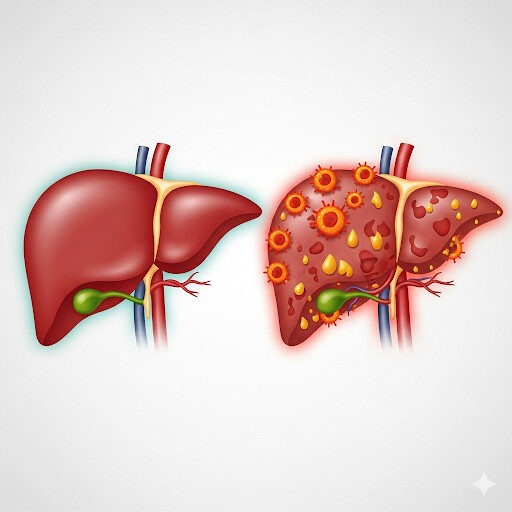Update on New Obesity Medications
Have you been keeping your eye on the news lately? Three different manufacturers are all vying for the next medical treatment for obesity. Here’s a quick update:
Vivus: Vivus has been researching a new version of the long-time favorite, Phentermine. On September 9th, 2009, the company released 1 year data from 2 phase 3 trials – named Equip and Conquer. Their investigational drug, Qnexa, is a combination of a proprietary release form of Phentermine combined with the medications Topamax, a medication more commonly used for the prevention of migraines and for prevention of seizures. The results look very encouraging – patients at the highest dose lost an extra 9.4% more than the lifestyle alone group of their body weight , and they state the drug has a very good side effect profile. The news sent the stock price soaring 70% in 1 day of trading.
Orexigen Therapeutics: Contrave is a fixed dose combination of bupropion sustained-release (Wellbutrin) and naltrexone, a drug more commonly used to treat opiod addiction. Empatic is a fixed dose combination of bupropion SR and zonisamide SR, a drug more commonly used to prevent seizures. Orexigen’s trial on Contrave demonstrated 9.3% weight lost at 56 weeks, with 29% of the participants losing more than 15% of their body weight. Nausea was the most common side effect. The company announced that Empatic demonstrated up to 15% reduction in body weight at 48 weeks.
Arena Pharmaceuticals: Arena’s investigational drug, Lorcaserin, is a serotonin agonist. If you remember Phen-Fen from the 90’s (Phentermine + Fenfluramine)? Fenfluramine was a non-selective serotonin agonist. The release of serotonin in the heart is thought to be why the fenfluramine drugs caused damage to heart valves. Well, with advancing science, researchers now can identify the different subtypes of serotonin receptors in the body and target them individually. Lorcaserin targets the receptors in the brain (called the 2C receptor), and not those in the heart. In their phase 3 Bloom trial, 47.5% of Lorcaserin patients lost at least 5% of their body weight, 22.6% lost at least 10%, with an average weight loss of 5.8% of the body weight vs 2.2% for the placebo group.
In general, these drugs also seem to improve blood pressure, cholesterol, glucose levels, and inflammatory markers for cardiovascular risk, although I would speculate that this improvement is a direct result of the weight lost.
I’ll bring you more updates on these interesting developments.
-Dr. Lazarus




